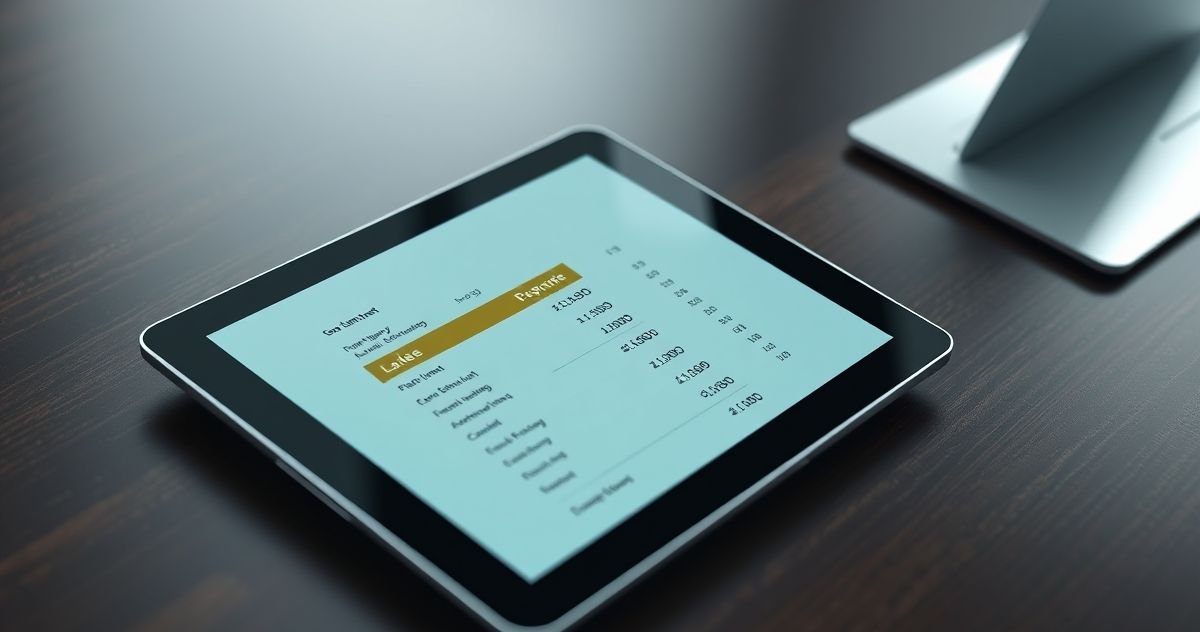A late payment fee is a common financial penalty charged by lenders, landlords, and service providers when you fail to pay a bill on time. This fee compensates the creditor for the inconvenience and risks associated with late payments and serves as a deterrent against missing future deadlines.
How Do Late Payment Fees Work?
You receive a statement with a payment due date. If the payment is not received by that date (or by the end of any grace period), the creditor applies a late fee to your account. For example, mortgages often include a grace period of about 15 days, allowing some flexibility. However, credit card companies are not required to offer a grace period, meaning payments become late the day after the due date.
Typical Late Payment Fee Amounts
Late fees vary by account type and are sometimes regulated. For credit cards, the Consumer Financial Protection Bureau (CFPB) caps fees at $30 for the first late payment and up to $41 for subsequent late payments within six months. Mortgages typically charge 4-5% of the monthly principal and interest payment as a late fee, which can quickly add up. Auto loans, rent, and utility bills may charge flat fees or small percentages depending on agreements and state laws.
| Account Type | Typical Late Fee |
|---|---|
| Credit Card | Up to $30 first late fee; up to $41 subsequent late fees (CFPB limits) |
| Mortgage | 4-5% of principal and interest payment |
| Auto Loan | $25-$50 or 2-5% of payment |
| Rent | Varies by state and lease |
| Utilities | $5-$15 or small percentage of amount due |
Hidden Consequences Beyond the Fee
Late payment fees can hurt your credit score if the payment is 30 days or more past due, as creditors may report the late status to credit bureaus. Payment history heavily influences your FICO score. Moreover, credit card late payments can trigger a penalty APR, raising your interest rate substantially, and may void introductory 0% APR offers.
How to Avoid Late Payment Fees
- Set up autopay: Automatically pay at least the minimum due.
- Use reminders: Calendar alerts help prevent missed payments.
- Organize bills: Designate a bill-paying routine and location.
- Know your grace periods: Understand which accounts have them and pay early if needed.
If You Get a Late Fee
Pay any overdue amount promptly. Contact your creditor politely to request a one-time fee waiver, especially if you have a history of on-time payments. Many companies will forgive fees for customers with good payment records.
For more on managing payments and fees, see our article on Credit Card Fees.
For authoritative guidelines on late fees and regulations, visit ConsumerFinance.gov and the Consumer Financial Protection Bureau.
References:
- Consumer Financial Protection Bureau (CFPB) on Late Fees and the CARD Act
- 12 CFR § 1026.52 – Limitations on fees (Truth in Lending Act)
- ConsumerFinance.gov: What Is a Late Fee?
This glossary entry is designed to clarify late payment fees and help readers avoid unnecessary charges.



